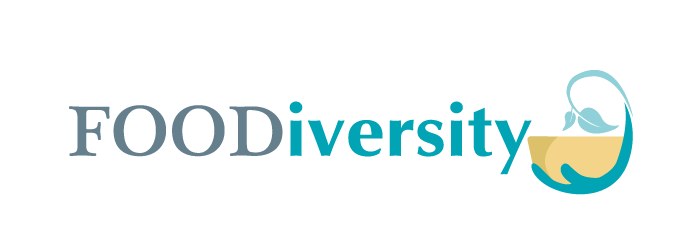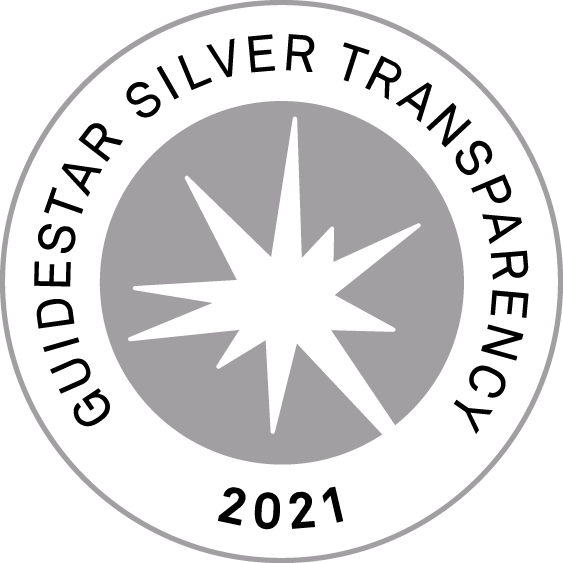From the website: Immunity Group Australia
A large food allergy community event, “Feeding Community Health”, took place in North Carolina, USA on 23 January 2024. Around 50 food allergy community organisations and prominent allergy experts (e.g. Dr Edwin Kim, Dr Corinne Keet, Dr Nikhila Shroeder, and others) took part in this educational and public awareness building event, which has received significant media attention. Erin Malawer from AllergyStrong headquartered in Washington D.C., who co-hosted this event with Wendy Pake from FOODiversity, spoke about her first impressions following this momentous summit with Dr Nina Markovic Khaze (PhD), co-founder of Immunity Group Australia.
What is Feeding Community Health?
Feeding Community Health (FCH) is an event aimed at improving support for people living with food allergies. FCH takes a community-centered approach to care, educating and guiding schools, healthcare systems, food assistance programs, social services agencies, government, insurers, and others in addition to providing practical information for patients and caregivers. But the work only begins with our one-day event! Following that, organisations are encouraged to interact with us and each other to create a community network able to assist and support individuals and families affected by dietary restrictions with whatever challenges life brings. Feeding Community Health plants the seed in each community it is held which will grow to provide for and protect those with food allergies.
What are your first impressions, and how many organisations participated in FCH?
We were incredibly humbled by the amazing turn-out at our first ever, Feeding Community Health event. We had multiple representatives from over 50 community organizations in the room, including leaders in healthcare, non-profits, government services, and heads of school districts. The feedback is even more heartwarming than we expected with attendees expressing appreciation for the “eye-opening” content. Many organisations were in touch as soon as the event ended to discuss implementing recommendations.
Patients and caregivers were lucky to learn from some world-class allergists who are on the front line of treatment and epidemiological research. They were given practical tools to help manage their food allergies and improve their own quality of life, including how open communication with healthcare providers can yield significant health benefits as well as where to source safe, affordable food.
What did you take from it as the most valuable insight?
There was so much valuable insight shared during FCH that it’s hard to choose just one singular thing to mention! From Dr. Edwin Kim’s update in food allergy research to Dr. Corinne Keet’s epinephrine demonstration and talk about prevention guidelines; as well as school management tips, how cofactors affect tolerance, and barriers to nutrition. There was so much to digest!
One of the most important things to come from the event was the interaction among attendees. To see people with food allergies and community organizations together discussing their challenges and successes, coming together to be a better, smarter resources for families… that was amazing!
What did you present about?
I gave three presentations at FCH: In addition to speaking about social determinants of health and their impact on food allergy care and prevention, I also delivered a talk on epinephrine and how patient attitudes towards this life-saving medication can help healthcare providers better serve their patients with allergies. My final topic covered the impact of grassroots advocacy, focusing on what others can do to improve life for people with dietary restrictions in their own community.
My co-host Wendy took part in an important panel called, “Breaking Down Barriers to Nutrition.”
Any final comments for Australians?
We are so appreciative of your support and coverage of this event. Let us know when you’re ready for an FCH event in Australia!
For more information, please see the following page:


